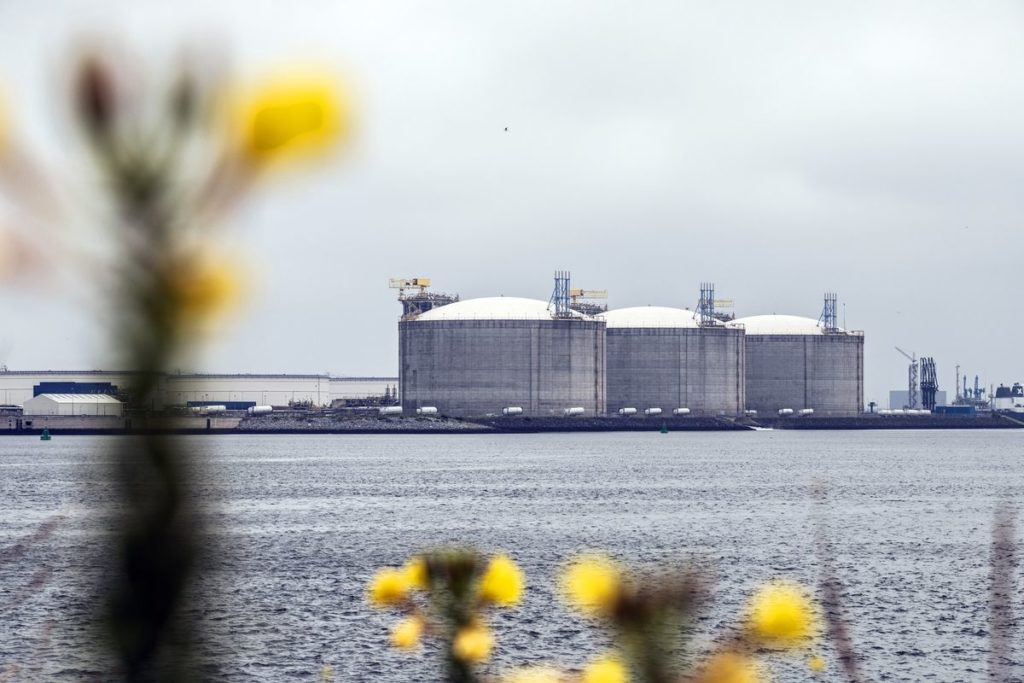Publisher’s Note: With European markets becoming increasingly interested in LNG cargos sourced from U.S. shale, European capital markets should also take note. North American operators are addressing their ESG objectives and messaging head on, as was evident at our EnerCom Dallas conference hosted last week. One of the highlights of the event was a presentation from Chesapeake Energy CEO, Nick Dell’Osso (click here for a replay of this timely discussion), who provided a compelling and detailed prospective on the challenging supply-demand outlook for global energy markets. We recognize that European investment centers lead the charge early on increasing ESG disclosure and we are happy to report that many North American equities are at a spot today in their ESG journey to potentially regain investment considerations from large European institutions.
EnerCom is a MiFID II compliant management consulting and advisory firm that has hosted numerus corporate access events (conferences and non-deal roadshows) across European investment centers with clients. To learn more about our thoughts on European investment, ESG and non-deal roadshows consulting practices, email services@enercominc.com.
(Bloomberg) — From a barbecue lunch at an LNG terminal in Texas to commercial talks near Capitol Hill, American natural gas companies are making a multi-state push to woo potential European buyers.

Energy ministers, diplomats and gas importers from across Europe met with executives from shale producers Coterra Energy Inc., Devon Energy Corp., EOG Resources Inc., EQT Corp., Hess Corp., Marathon Petroleum Corp., Chesapeake Energy Corp., Ascent Energy Inc., Callon Petroleum Co., SM Energy Co. and ConocoPhillips at a Houston hotel this week last week. They also met with LNG developers including Glenfarne Group and Venture Global LNG.
Europe has emerged as a key global market for the superchilled fuel that’s key to replacing Russian gas following the country’s invasion of Ukraine. With roughly two-thirds of U.S. LNG cargoes heading to the continent, Europe is set to become the fastest-growing market for the superchilled fuel, according to Bank of America Corp.
Germany, Latvia and Estonia, whose delegates participated in this week’s meetings, are weighing or have already moved forward with new LNG import terminals. But long-term supply deals necessary for the financing of new U.S. export projects have been elusive, with European nations such as France raising concerns about emissions.
The delegates, who also hailed from Bulgaria, France, Hungary and the United Kingdom, participated in commercial talks with LNG developers on the sidelines of the Transatlantic Energy Security Forum in Washington D.C. Tuesday, followed by a tour of the Golden Pass LNG export terminal in Texas Wednesday. More commercial talks occurred at the Houston Petroleum Club Thursday, according to trade group LNG Allies, which organized the events jointly with the American Exploration & Production Council.
Glenfarne which is seeking to build the Magnolia LNG export terminal in Louisiana and Texas LNG near the U.S.-Mexico border, was one of the companies that participated in the talks, according to its founder Brendan Duval. Duval said he is traveling to Europe next week to further the discussions. The Texas LNG project, he said, is on track to reach a final investment decision by the end of the year.
Russia is the European Union’s biggest gas supplier, accounting for more than 40% of its needs. The bloc aims to reduce Russian imports of the fuel by two-thirds this year in response to Moscow’s invasion of Ukraine. Supplies will probably expand by 10% through 2025, half of what Europe needs to meet its target, Bank of America analyst Christopher Kuplent said during a conference call with journalists on Thursday.
Replacing even only one-third of the gas flowing from Russia within a year will prove “very difficult,” and spot gas prices in Europe “will remain higher for longer,” Kuplent said.



